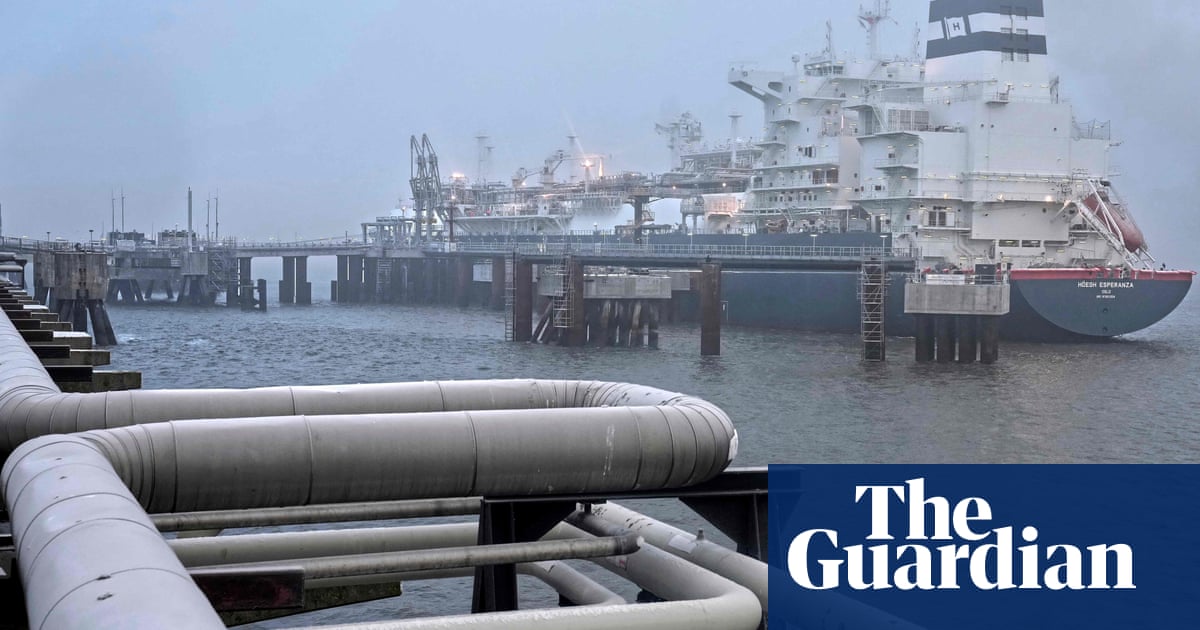Thorgalaeg
Deity
A bit more of pressure and the whole russian cards castle will fall on the head of the psycho midget. I think the current Ukrainian strategy of massively attacking fuel depots and refineries is partially aimed to that end.
So, Russian defense companies are being financed with hidden loans and the banks are instructed by the Kremlin to issue these loans, potentially uninsured loans? If these companies go under, the banks holding the debt likely go under as well, unless Putin has a couple of hundred billions to bail them out.
The writing on the wall indicates the size of the problem has now grown to an extent where the CB won't have the sheer heft to do so – which is why things are shaping up to system threatening levels.Those defense companies that fail to produce the goods will certainly go under when Vlad Putin pulls the plug on their income.
And as for the banks being stuck with unrecoverable loans, the central bank will no doubt bail them out.
I think daddy Xi will step up for that and thus advance the special vassalization operation of the failing Russian State. Maybe Xi will, finally, civilise those western barbarian neighbours of his.Trump might well need to urgently bail out his buddy Vlad about now, while the Russian charade can still be maintained, before things start to really creak.
That's the problem for the Russian economy.Those defense companies that fail to produce the goods will certainly go under when Vlad Putin pulls the plug on their income.
And as for the banks being stuck with unrecoverable loans, the central bank will no doubt bail them out.
Not as the kind of modern society it still presents itself as, and clearly wants to be seen as. A lot of it's Global South appeal etc. is predicated on this ability.I reckon Russia can afford to spend 25% of its GDP on the war almost indefinitely.
You can ask the same for the next generation planes - the Su-57 is about on par with the T-14 Armata when it comes to wunderweapon vaporware that was supposed to fully equip the entire army ten years ago, but in reality is just an unreliable hyped-up legend that hasn't been able to get over the single-digit units per year.I think the a portion of the Russian defence industry is not delivering.
e.g. what happened to the next generation tanks?
I'm pretty sure that Russia can last years by hiding debts and using orders from above to force people to do stuff regardless and cover the whole thing up. But it means it's inherently shaky and just as liable to crumble as to stand.I reckon Russia can afford to spend 25% of its GDP on the war almost indefinitely.
Westerners may hope for Russian disillusionment and collapse,
as in Syria, but I am wary of wishful thinking.
I reckon Russia can afford to spend 25% of its GDP on the war almost indefinitely.
It's pretty easy to do so while running an authoritarian regime disguised as a democracy that has no accountability for the head of state.I'm pretty sure that Russia can last years by hiding debts and using orders from above to force people to do stuff regardless and cover the whole thing up
Those defense companies that fail to produce the goods will certainly go under when Vlad Putin pulls the plug on their income.
And as for the banks being stuck with unrecoverable loans, the central bank will no doubt bail them out.


The EU has no sanctions on trade in food or medicines with Russia for example. But that kind of thing helps people – all the Russian energy exports are for is to allow the Russian government to go on with the killing and destruction. So obviously it's the only things Russians care about?It's ok, Europe will help with financial issues.
European imports of liquefied natural gas from Russia at ‘record levels’
Europe bought a record amount of liquefied natural gas from Russia last year, data shows, despite EU efforts to ditch the fossil fuels funding Putin’s war chest.
Ships carrying 17.8m tonnes of ultra-cold Russian gas docked in European ports in 2024, up by more than 2m tonnes from the year before, according to analysts Rystad Energy.
Jan-Eric Fähnrich, a gas analyst at Rystad Energy, said LNG flows were not only on the rise but “at record levels”.

European imports of liquefied natural gas from Russia at ‘record levels’
Rystad Energy releases data days after Ukraine stopped flows of Russian gas through its pipelineswww.theguardian.com
EU devouring Russian gas at record speed despite cutoff
Europe is buying Russian gas at an unprecedented rate in 2025, spending billions of dollars the Kremlin can use to fund its war in Ukraine just weeks after the end of a major transit agreement raised hopes the continent may break its dependency on Moscow. Data collected by commodities intelligence firm Kpler and analyzed by POLITICO reveals that in the first 15 days of 2025, the European Union's 27 countries imported 837,300 metric tons of liquefied natural gas from Russia.
That marks a record high, up from the 760,100 tons brought in during the same period last year, fueling concerns that Western nations aren't doing enough to squeeze Russian funds as Moscow's war enters its fourth year.

EU devours Russian gas at record speed despite cutoff
Pressure to impose sanctions, a raging war and a looming Trump presidency still have not quenched the bloc’s thirst for Russian gas.www.politico.eu
Can't speak for everybody, but I, for one, only care about killing and destruction.The EU has no sanctions on trade in food or medicines with Russia for example. But that kind of thing helps people – all the Russian energy exports are for is to allow the Russian government to go on with the killing and destruction. So obviously it's the only things Russians care about?





